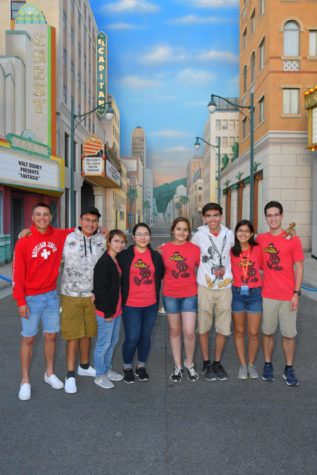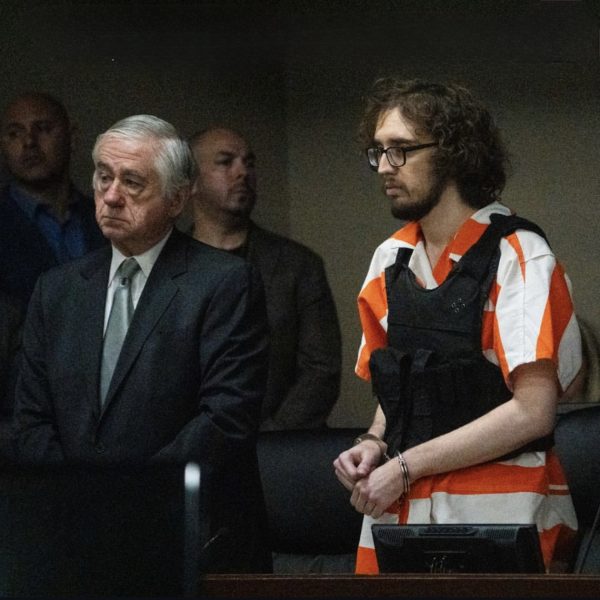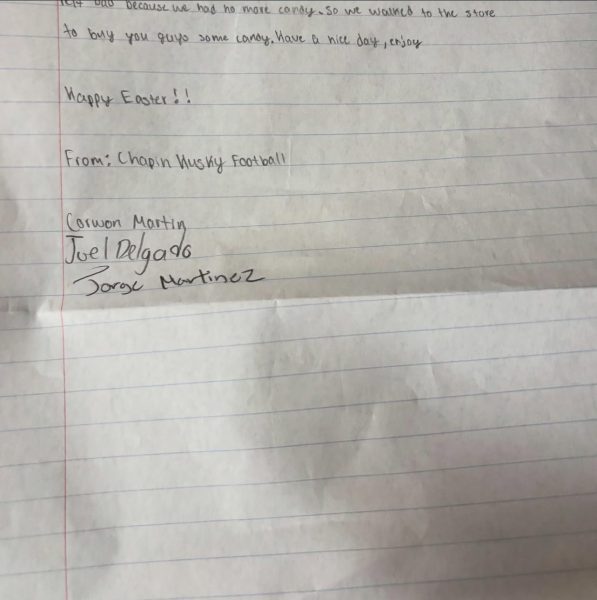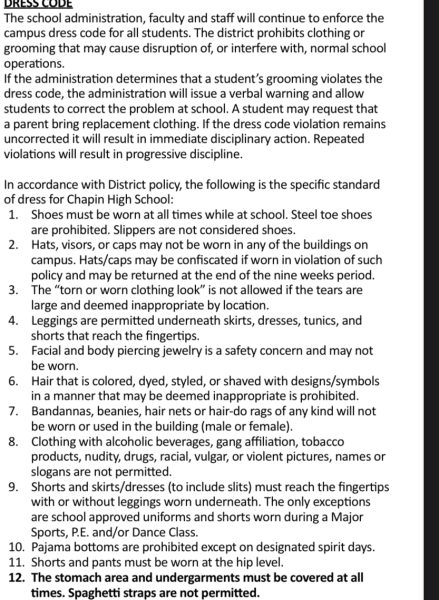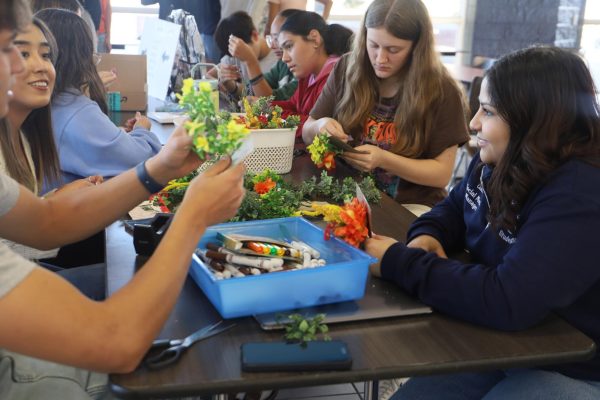Social Media as Socializing?
Technology has evolved at a quick pace in the last decade. Along with growing technology, social media has peaked. Teenagers alone can spend hours a day scrolling through Instagram, or watching videos on YouTube. It’s also a great method to communicate with people from all over the world. Whether you’re looking for someone you haven’t seen in years or finding new friends, social media allows you to message anyone, anywhere, at anytime.
One problem that has come from this sudden upsurge of social networking is the loss of socializing. Despite being called Social Media, many believe it’s anything but, and that it promotes things like laziness and inattentiveness. Connecting on social media can be seen as a loss of connection with the real world and the people around you.
“It’s definitely a different form of socializing. It can’t replace talking to someone in person, but it isn’t completely bad.” Said Chapin Junior Kerstyn Gentry.
Many students seem to share this viewpoint. Agreeing that it is socializing, but without many of the benefits, you have when talking in person.
One good thing that comes from it is the ability to virtually talk to anyone, which can expose people to new cultures, new people, and even new dangers.
Not only can students lose their touch on reality, but they can meet suspicious characters, or encounter things like cyberbullying.
The internet is both a place to conceal your identity and remove any filter you may have when talking to someone. It’s easier to be untruthful online than it is in person, and this can make socializing through networks much more complicated than in person.
“When you talk to someone in real life, you hear their tone and see their expression, so it’s not as easy to have a miscommunication, but online, it depends on how it’s read, and you really have to know a person in real life to understand them in a text.” Kerstyn continued to explain.
So, while there’s no doubt that social media is an incredibly social place, it can produce problems that just don’t occur in person, and promote antisocial behavior, leaving more and more people unsure how to talk in person.




